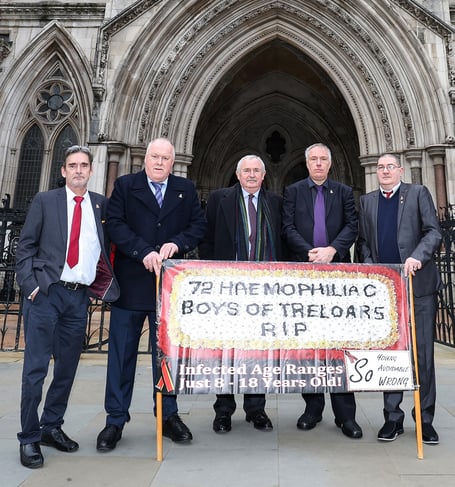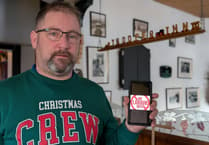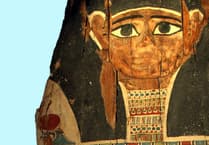Former pupils of Treloar College in Alton who were infected with HIV and hepatitis during treatment for haemophilia in the 1970s and 1980s are close to finding out exactly whose fault the scandal was.
The children – some sent to Treloar’s specifically because there was a haemophilia clinic run by the NHS on the site – received imported concentrated Factor VIII blood clotting agent which was not screened for viruses or heat-treated before being injected into them.
Closing submissions to the Infected Blood Inquiry are being made this week by lawyers for the victims and their families, the Department of Health and Social Care, and The Treloar Trust. Inquiry chair Sir Brian Langstaff will then announce his findings in a report.
In its closing submission yesterday (Tuesday), Collins Solicitors – which represents some of the former Treloar’s pupils – said: “We suggest that the inquiry is bound to find – in due course when it reports – that all the concerns expressed by our core participants and others over the years, about their clinical treatment, about how they have subsequently been dealt with, about cover-up, about government obfuscation and delay, will be fully borne out. They have battled for years to uncover what has now been laid bare by the last four years of evidence.
“The inquiry should not hold back from naming individuals, attributing blame and criticising, where appropriate. It is only when the details of failings are properly laid out that lessons can be learned. It is no part of this inquiry’s function deferentially to preserve the reputation of any clinician, politician or civil servant if that is not warranted. Proper attribution of responsibility for unacceptable failings is a huge part of achieving justice, recompense, vindication, closure and restitution.”
The trust, in its submission, said: “The Treloar Trust wishes to express its sorrow that so many of its students were among those who were infected with hepatitis and HIV as a result of their treatment with NHS blood products that bore these viruses.
"The charity's officers and staff have been profoundly moved by the evidence provided by those who have been infected and affected by contaminated blood. They were deeply saddened to hear the devastating detail of the impact it had on them and their families, and of the delay in their plight being properly recognised.
"The charity is grateful to the inquiry for its careful and painstaking work in finding the truth for the infected and affected.
"While the charity was pleased to hear accounts of the college and its staff being supportive and compassionate in their approach to the students affected by this tragedy, it accepts that this was not universal.
"This is a matter of considerable regret and it is right that this is acknowledged.
"In addition to the ongoing relationship the charity has had with some of those who were infected and affected over the years, and the dedicated remembrance memorial window in the on-site chapel to those who have sadly died, it is keen to continue to engage with any of its alumni who may have been affected.”
The government said it would not comment until the inquiry had concluded and made its recommendations.
Former Treloar’s pupil Richard Warwick said that of the 122 pupils treated with infected blood products between 1970 and 1987, three were unaccounted for, 32 were alive and 87 had died – 72 of them from HIV/AIDS or hepatitis.





Comments
This article has no comments yet. Be the first to leave a comment.